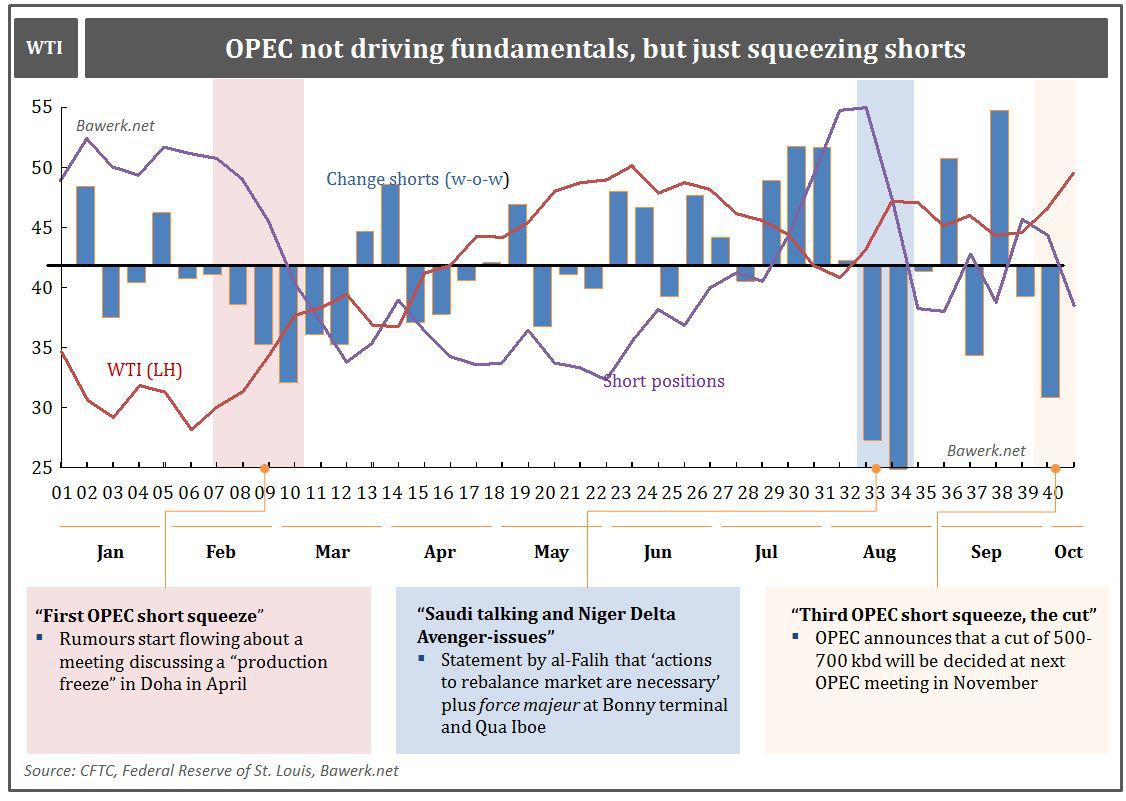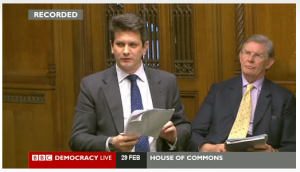I’m not excited about the appointment of a new Governor of the Bank of England. The money power is one too pervasive and too dreadful to be trusted to an individual or a committee: the prospects of tens of millions of people ought not to depend on the talents and character of an individual or a small group. With Richard Cobden, I believe managing the currency and interest rates is an impossible task. That’s a minority view these days but more or less anyone ought to agree that the Governor of the Bank of England has now a vast power over the collective and individual life of the country and that this power will increase under the new regulatory system. That’s why the Treasury Select Committee’s pre-appointment hearing is so important.
Given the undoubted power of the Governor, it is vital that this appointment is subject to democratic scrutiny. If the Treasury Committee does not support the appointment of Mark Carney, then the House must have the opportunity to debate and endorse or reject their decision – and the Chancellor’s.
These select committee debates are usually held in back-bench time, which is precious and which the Government seems to ignore. The role of Governor is too important for that: any debate should be in Government time and any motion should be binding on the Government. A free vote is probably too much to ask, but nevertheless the vote should be free.
The power to set interest rates and to control the exchange value of money is either a power too dreadful to tolerate in a free society or, if it must be tolerated, it is one which can only properly be wielded by someone ultimately under democratic control. Parliamentary scrutiny matters, first through the Treasury Committee, then through the whole House if necessary.
This article was previously published at stevebaker.info.




How many, MPs even, realise that the MPC is a tool of central monetary planning? It would help if people were reminded at every opportune moment that the planning of money supply leads to planned chaos.
QE is the worst of all the aspects of the Bank of England, at the stroke of a key, money can be used to transform the prospects of businesses that need to restructure and adapt to the ever-changing economy.
Thank you sir for being bold enough to air this matter.
As most MPs (Steve Baker and Douglas Carswell excepted) are either financially illiterate or closet keynesians, I do not see how scrutiny from the Treasury Committee gets us any farther forward.
We will just have to hope that out in the wilds of Canada, Mark Carney has never heard of QE.
Mr Ed,
Personally, I think that large numbers of MP’s understand perfectly well that the MPC is a “tool of central monetary planning”.
I also think that the overwhelming bulk of them wouldn’t have it any other way.
The choice is actually already over.
The system has already been too abused to survive.
It will collapse, it will end – and the end will be terrible.
But at least it will be the end.
Why is anyone not a citizen of this country allowed to take up such a powerful position? Another technocrat imposed on the taxpayer has already been tried in Italy and Greece just in case they thought of slashing spending rather than the amount of INCREASE in spending or returning to the free market and a gold Lira or Dracma. Why are there not protests here?
I know this site is about monetary and fiscal policy (they are linked of course – with fiscal deficits being financed, indirectly, by monetary expansion) but there is another factor in many Eurozone countries that should be considered.
The “Labour Codes” (the labour market regulations)in such nations as Greece, Italy, Spain….. appear to have been DESIGNED to create mass unemployment.
Read them – think about them.
It is hard to believe that they just came into existence by chance, or by some sort of mistake…..